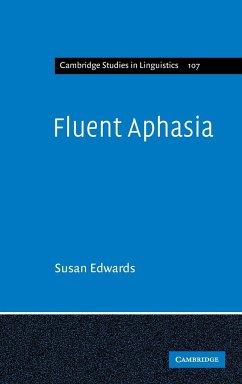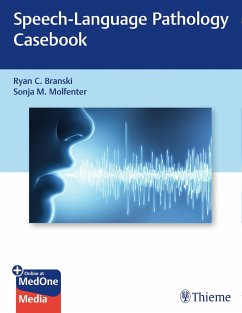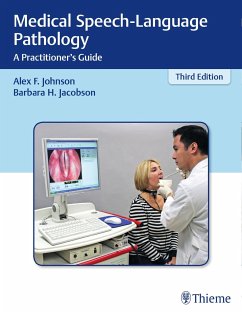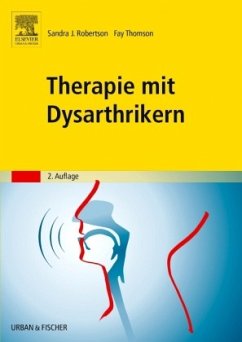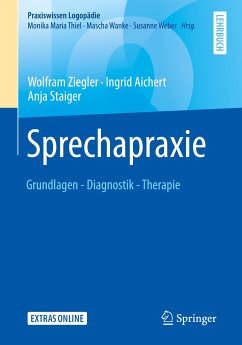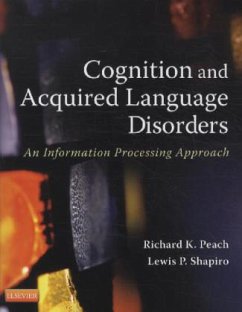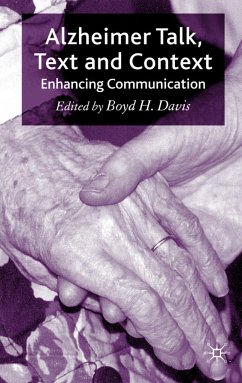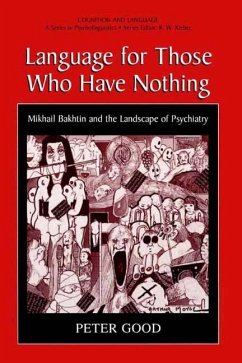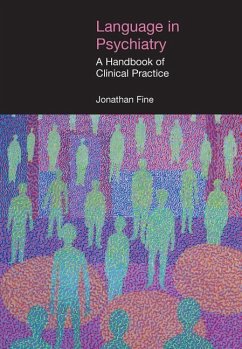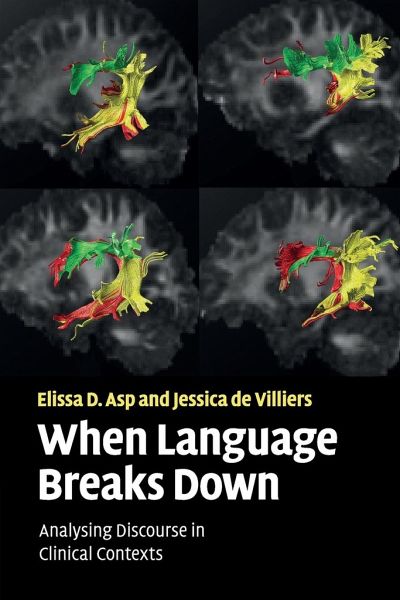
When Language Breaks Down
Versandkostenfrei!
Versandfertig in 1-2 Wochen
47,99 €
inkl. MwSt.

PAYBACK Punkte
24 °P sammeln!
Doctors, nurses, and other caregivers often know what people with Alzheimer's disease or Asperger's 'sound like' - that is they recognise patterns in people's discourse, from sounds and silences, to words, sentences and story structures. Such discourse patterns may inform their clinical judgements and affect the decisions they make. However, this knowledge is often tacit, like recognising a regional accent without knowing how to describe its features. This is the first book to present models for comprehensively describing discourse specifically in clinical contexts and to illustrate models wit...
Doctors, nurses, and other caregivers often know what people with Alzheimer's disease or Asperger's 'sound like' - that is they recognise patterns in people's discourse, from sounds and silences, to words, sentences and story structures. Such discourse patterns may inform their clinical judgements and affect the decisions they make. However, this knowledge is often tacit, like recognising a regional accent without knowing how to describe its features. This is the first book to present models for comprehensively describing discourse specifically in clinical contexts and to illustrate models with detailed analyses of discourse patterns associated with degenerative (Alzheimer's) and developmental (autism spectrum) disorders. The book is aimed not only at advanced students and researchers in linguistics, discourse analysis, speech pathology and clinical psychology but also at researchers, clinicians and caregivers for whom explicit knowledge of discourse patterns might be helpful.





